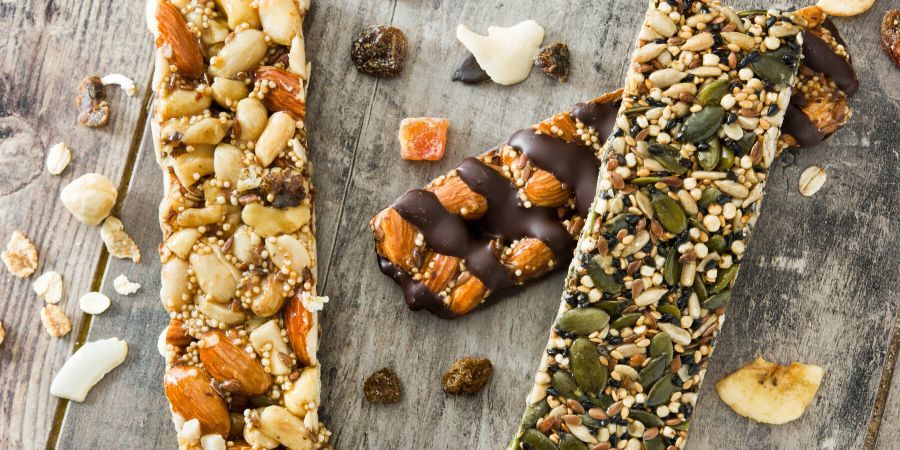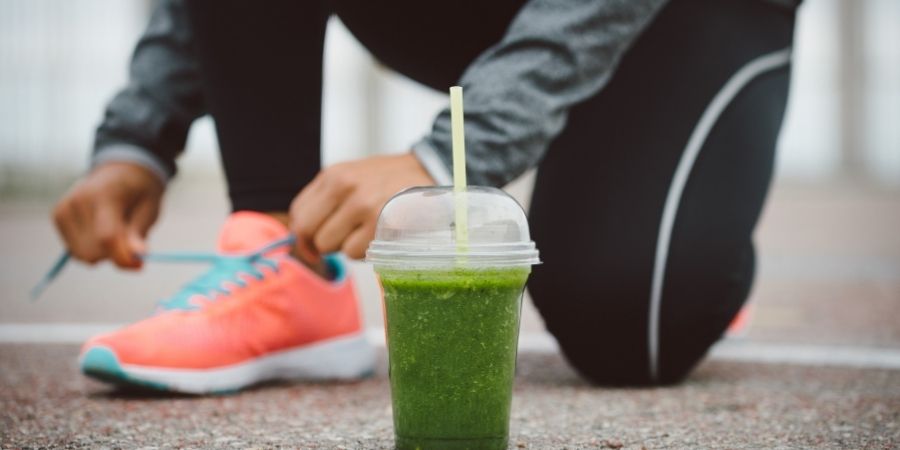Unfortunately, it is often forgotten. We spend our time training really hard to complete a triathlon, a trail running race or a cycling race and as we are not used to scheduling our diet, we usually improvise what we eat and what we drink. Usually, this fact can be the reason why we fail to achieve our goals. Sports Nutrition is a very significant issue, and we highly recommend that you seek advice from a specialised professional to have full control over it.
As a member of the ARTIEM Sports Club, I would like to give you some tips so that your nutritional strategy helps you to achieve your goals during a race.
Staying hydrated is the body of our daily routine
The same way that we eat, we also need to drink during a competition. It is essential, and sometimes we forget to do so. In that case, our performance is going to get worse and we can even suffer a heat stroke.
It would be ideal to drink the same amount of liquid that we sweat. However, we cannot foresee the number of litres that we are going to sweat during a competition. My advice is the following: test yourself when training. You can do it by weighing yourself before starting training and weighting yourself right after you have finished training. You should do so naked as your training kit is going to be much heavier due to your sweat. The difference in your weight is the liquid that you have lost during your training. And that lack of hydration needs to be replaced as soon as possible.
Should you drink when training and you do so to keep the same weight between your first weight (before starting) and your second weight (after finishing), then you know the amount of liquid that you need according to the weather and according to the sport that you are going to practise on that specific day. Should you live in Madrid, there are plenty of different routes to enjoy running in the capital city. Choose one and put into practice these techniques to improve your physical condition. Please consider these two advice:
- Do not drink more than 1 litre of water per hour. Our body is not able to absorb it and by drinking that much you will lose mineral salts, and you will need to go to the toilette.
- Add salts in any existing format according to the quantity prescribed by the manufacturer.
Your diet for racing
Food is not only important, but it is the fuel for your body to keep the pace during a competition.
Your diet should be chosen depending on the sports discipline and your level of intensity. From energy drinks to energy gels, energy bars, fruit, bread and even pasta and pizza. It is very important to know how to handle one’s diet and never improvise on the day of the race. In the case of Triathletes, we should take into consideration that they need to practise three disciplines, which demand a greater intensity. Therefore, a diet for triathletes should be adapted to the needs of this sport.

Food choice according to intensity
For a high-intensity activity, you need to think of a liquid diet including energy drinks and energy gels. For a less intense activity during a competition, you can mix both solid and liquid products. However, you should have tried beforehand in your training anything you intend to eat during a race just to make sure that your body absorbs it properly.
Carbohydrates
One of the keys is to look for products with a high percentage of carbohydrates, preferably a 2/1 composition. When cycling, our body can absorb between 60 and 90 grams of carbohydrates per hour. When running, maximum 60 grams. To sum it up, train yourself and practise so that the food that you eat sits well with you.
Long length competitions
Should you take part in a long length competition and you cannot have your own food, please make sure that you get to know which provisioning is going to be available and try those products during your training sessions to make sure that they agree with you. There are some keys to get more endurance while running and have better results in competitions. One of them is to eat slowly. It is better to eat your 60gr. in three times, every 20 minutes than eating all 60gr. at once. Should the competition take less than an hour, then feeding yourself during the race would not be really needed.
The day before the competition
How to behave the days before the race? These are very important days too, especially when participating in long length competitions. Therefore, please find below some advice:
- Eat more carbohydrates than usual in every meal, wisely, not too many!
- Do not eat anything that does not sit well with you or that upsets your stomach.
- Make sure that your last meal fills you up. Eat products that agree with you and especially including carbohydrates. This last meal should take place at least 3 hours before the start.
- Drink, drink and drink again. Do not go too far but make sure that you keep yourself hydrated throughout the competition.
- 1 hour before the start, take between half a litre and one litre of water with salts with you and drink in small spaced sips.
- 15 minutes before the start, drink it up and eat a little bit. You can have 1 or 2 energy gels.

Caffeine
Here I start a debate with regards to caffeine. It sits well to some people and to some other people it does not. My advice is to include it in your diet should it agree with you. When you have your last energy gel 15 minutes before the start, then you can take the chance to add your caffeine. Please follow the instructions by the producer during the race.
Post-race
Coming to the end. You have completed your competition and now it is time to recover properly. Never forget that being hydrated is as important as eating.
Once you are fully recovered, give yourself a treat because you really deserve it!
I hope that my advice is useful to you and that you make a great performance in your next competition.
Paco Arnau
ARTIEM Sports Club Trainer